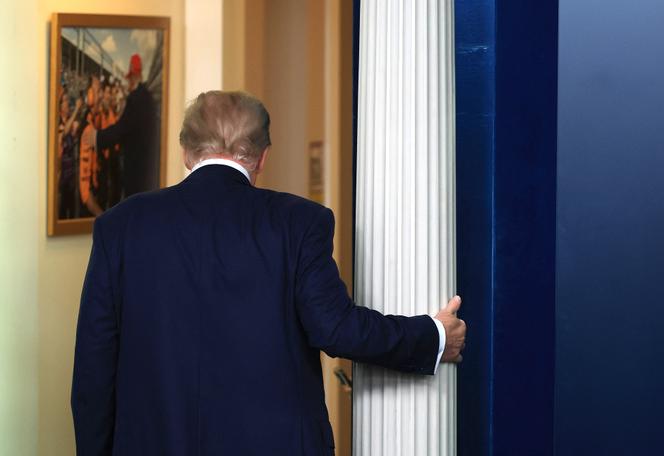QUI, in the federal government, can still oppose Donald Trump? A decision rendered on Friday, June 27, by the Supreme Court of the United States invites us to reconsider this issue.
She has been tapping, for almost six months, American citizens attached to liberal democracy in the face of a litany of presidential decisions whose constitutionality is often doubtful. The Congress with a republican majority favors prudent silence. The administration naturally complies with the orders of its chief.
At the edge of this second mandate, many expect federal courts a salutary counterweight. Named for life by presidents of different sensitivities, with the approval of the Senate, the federal judges located in different parts of the territory can in principle paralyze presidential decisions deemed illegal.
Since the start of the XXe At least century, federal judges of first instance, ruling alone, have indeed suspended executive decisions for the whole country, pending their examination at the bottom – by the Supreme Court in the last instance. These are the “universal injunctions”, under national scope. Although they are formulated within the framework of a specific dispute, they impose on all agents of the administration not to apply the disputed measures.
Avoid irreversible damage
These injunctions remain traditionally rare. To justify them, it is in particular the disputed measure to be manifestly illegal, that it may cause irreparable damage, that the national nature of the injunction is essential and that the consequences of the latter serve the general interest.

You have 74.74% of this article to read. The rest is reserved for subscribers.
